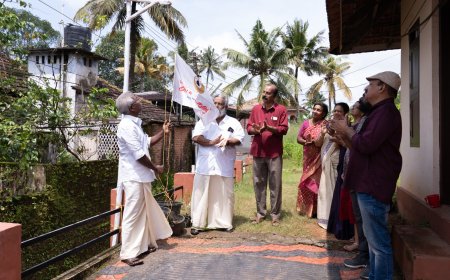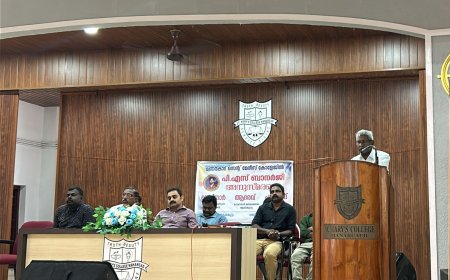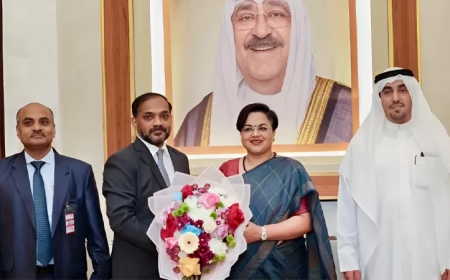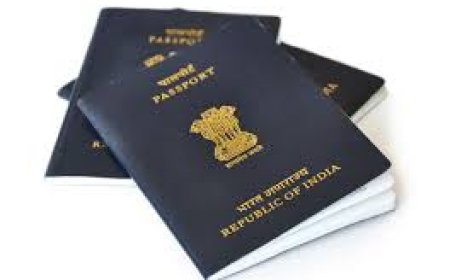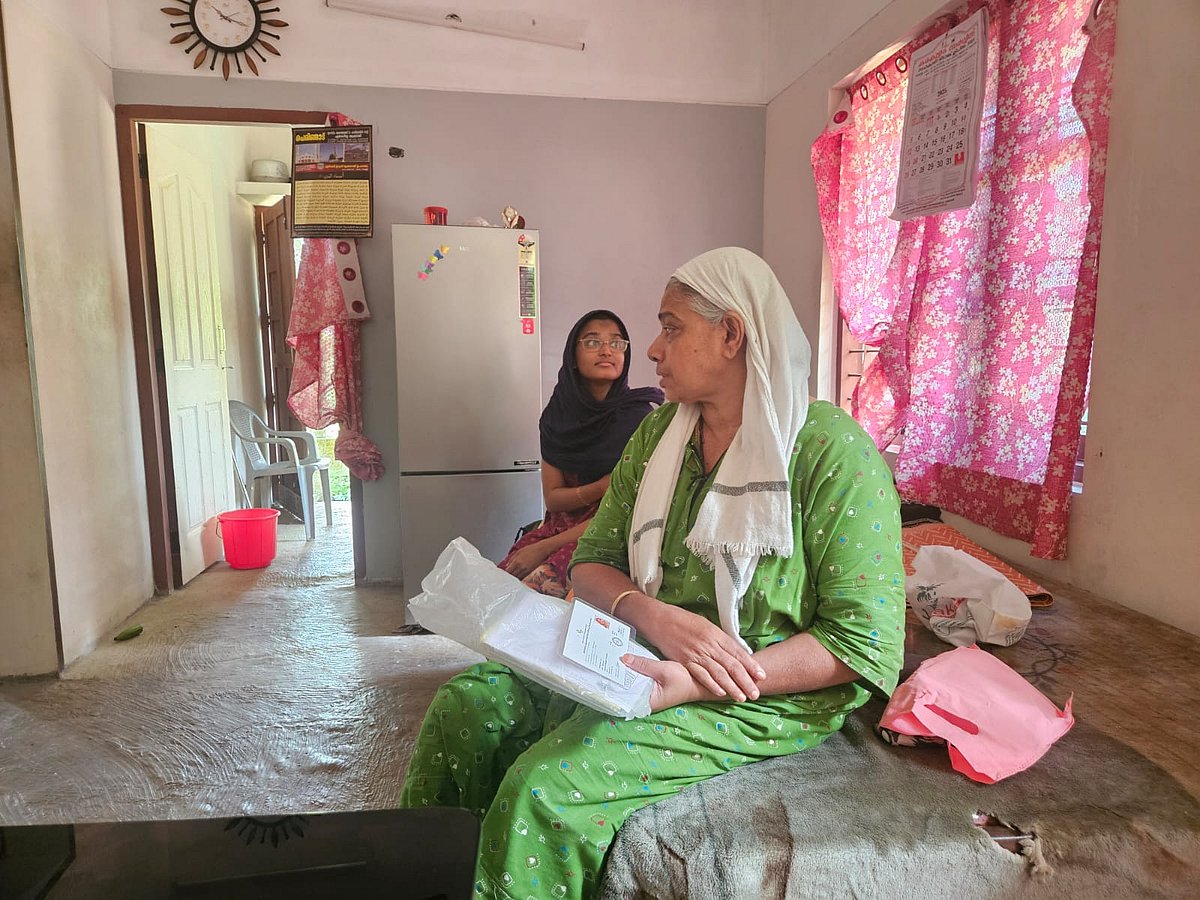Saudi Arabia ends Kafala system: What is it, how will it benefit 1.34 crore migrants, including Indians?
Saudi Arabia ended its 50-year long Kafala system, in a landmark labour reform for the Kingdom. Migrants are set to benefit from the changes, including 1.3 crore Indians working in the country. We look at changes in rules and the likely impact.

SAUDI Arabia has, in a landmark labour reform, abolished its 50-year-long worker sponsorship programme known as the Kafala system, according to reports.
The decision, first announced in June 2025, will impact rights and lives of around 1.34 crore migrant workers — majority from Southeast Asia and South Asia, including Indians, living in the Middle Eastern country, as per an India Today report.
What is the Kafala system?
Implemented in the 1950s, the Kafala system, which in Arabic literally translates to sponsorship system, gave employers full control over their employees' legal status, residency, when or if they could leave the country, seek legal help, or even change jobs, as per the report. The system tied each sponsor or 'Kafeel' to a migrant worker.
Why was the Kafala system criticised?
Originally designed to control the flow of low-paid, migrant labour into the oil-rich country, the system began to be abused. Rights group criticised the policy as "modern-day slavery" amid reports of employers exploiting workers, restricting their movements, denying wages, delaying payments and seizing their passports, it said. Further, the mistreated employees were reportedly also unable to seek help or return home.
Which workers are likely to be impacted?
Saudi Arabia at present has an estimated 1.34 crore foreign workers. They account for close to 42 per cent of the Kingdom's population as it depends on migrants for construction work, agriculture, domestic work, and more.
A majority of the estimated 1.34 crore workers hail from Bangladesh, India, Nepal and the Philippines.
Demographic wise, the section set to benefit the most from the reform are women, engaged in domestic work. Global rights groups have repeatedly flagged mistreatment of domestic workers under the Kafala system.
What are the changes made?
The reform includes the creation of a contract-based employment system. This aims to provide workers with control and independence while working in Saudi Arabia.
Under the new framework, foreign workers will also be allowed to change their jobs without prior approval from their current employers.
Migrants will also be free to leave the country without the sponsor's consent or the requirement of an exit visa.
Additional provisions have been made to provide legal recourse for foreign workers via labour courts and complaint mechanisms so that abuse and exploitation, if any, can be reported more safely.
Why the change now
Saudi Arabia is not alone in reforming its migrant labour policies. In 2022, under immense global pressure as it was named as host for the FIFA World Cup, Qatar also abolished similar criticised worker rules, it said.
Saudi's decision comes from Crown Prince Mohammed bin Salman’s 'Vision 2030' that seeks to reduce the country's dependence on oil and rebrand it as a modern and progressive country, the report added.
The country aims to bring its labour standards on par with the global system to attract more foreign investors and skilled professionals, it said.




